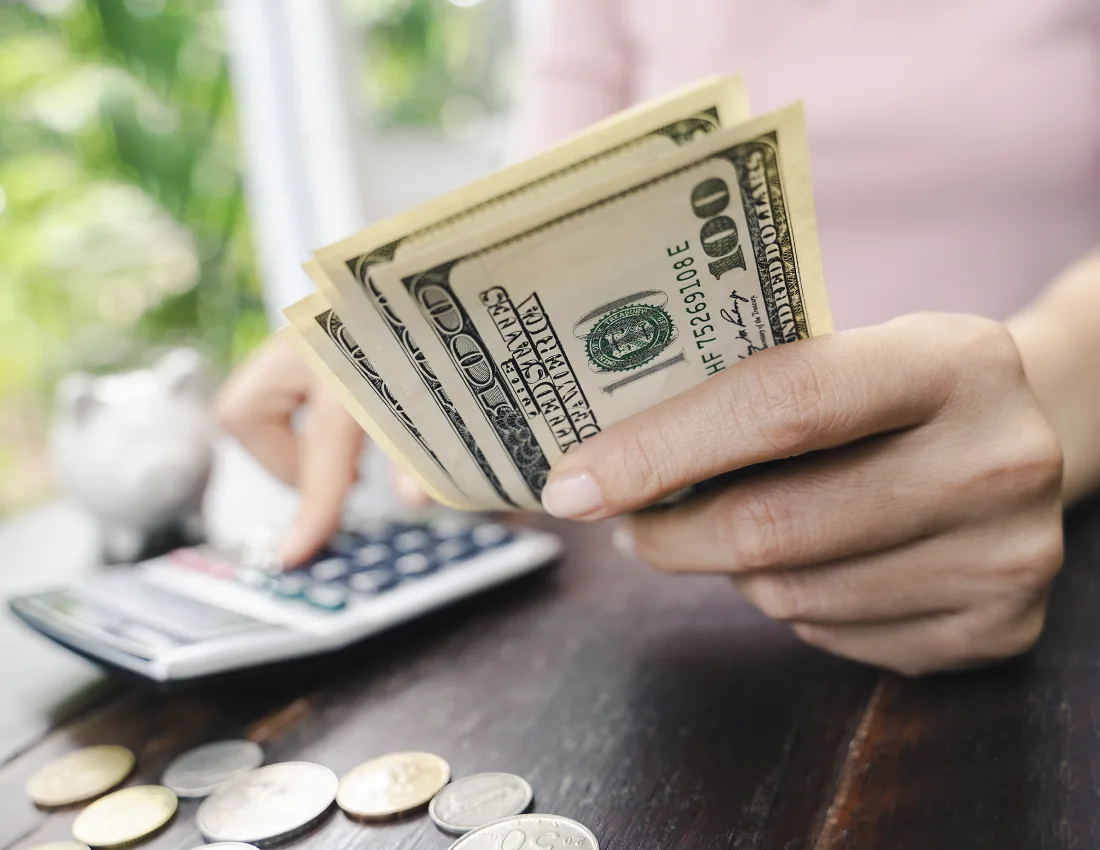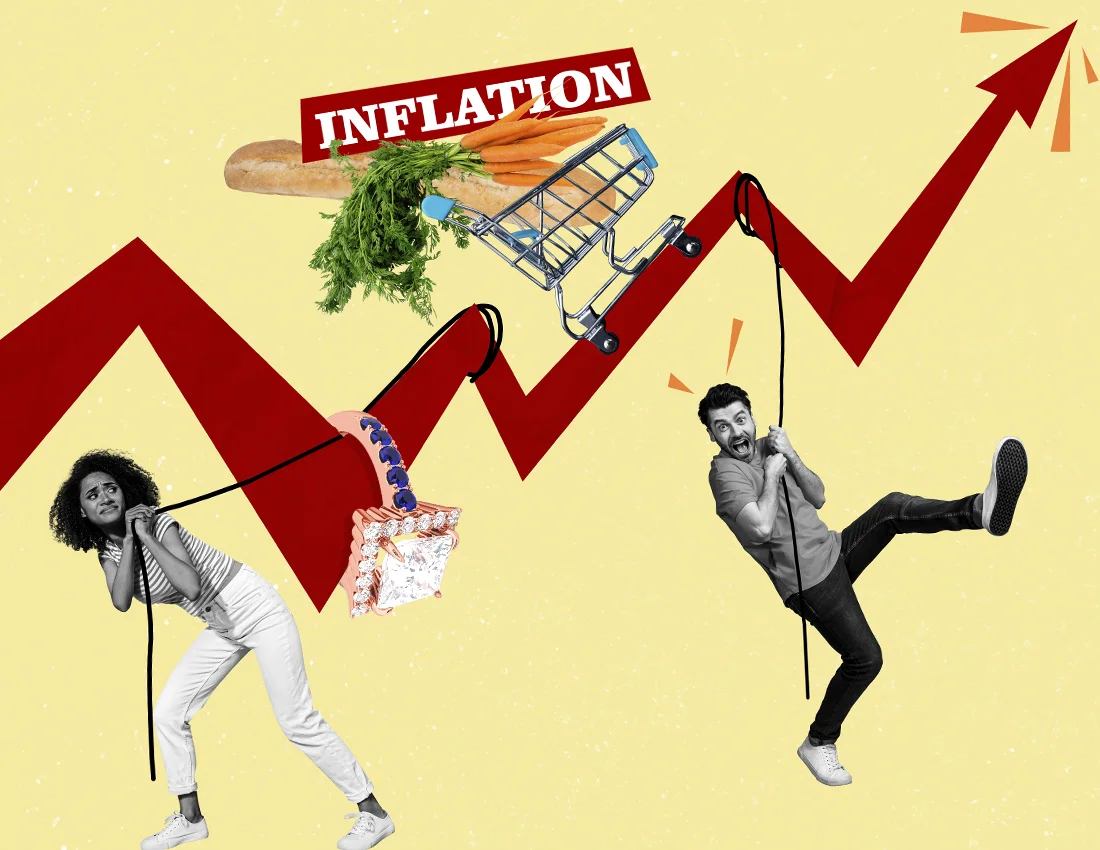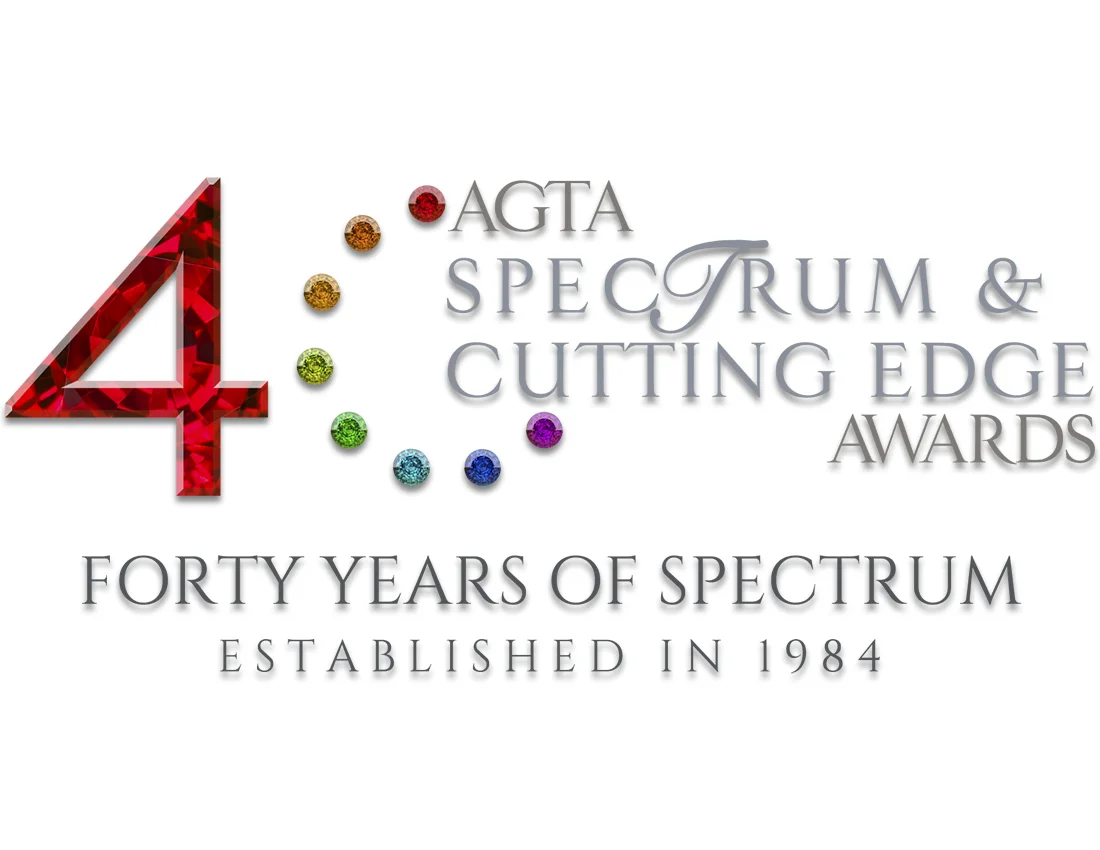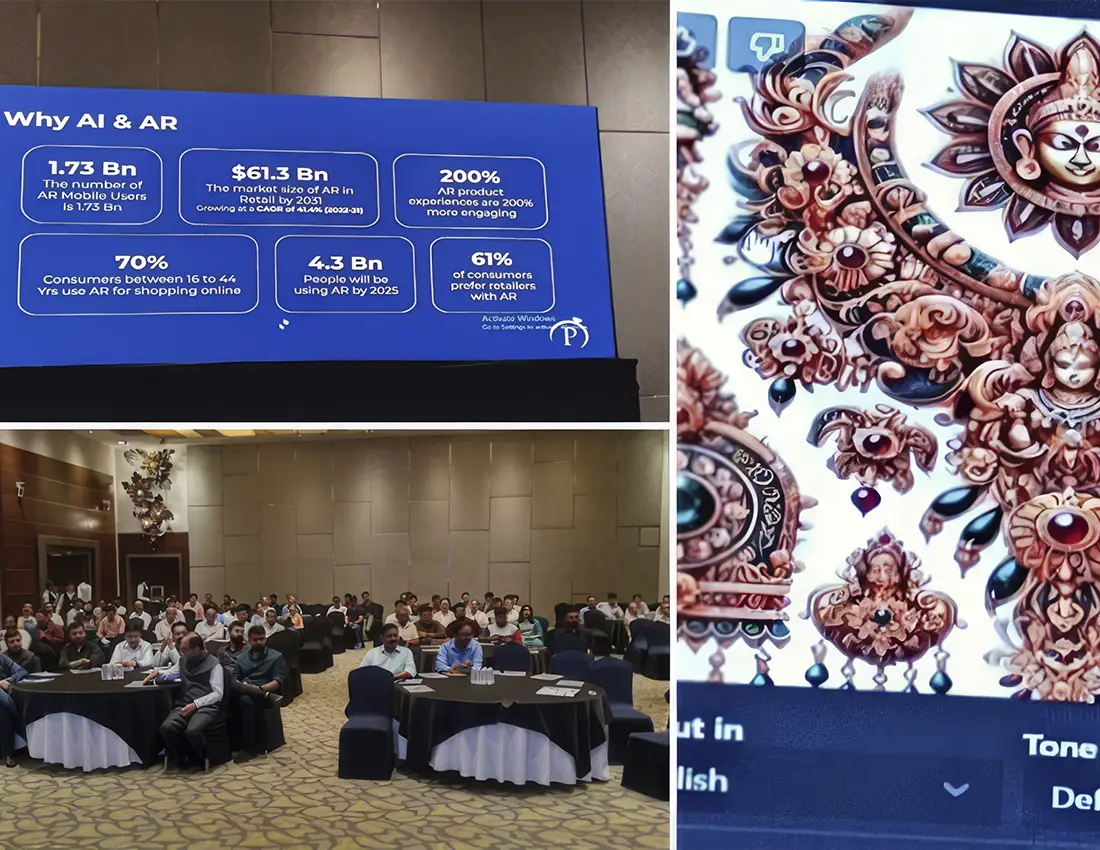The US experiences an overall decline in household consumption rates as the people’s outlook on their financial success continues to dampen. The consumer confidence index fell to 97 in April down from 103 in the month before. As of now, this is the lowest ranking since mid-2022.
Naturally, the confidence rates vary across different income and age groups. Those over 35 were more pessimistic about their financial expectations, while younger people tended to express more optimism. Surprisingly, one of the income groups wasn’t affected by the overall decline in confidence levels, namely, those earning from $25,000 to $49,999 a year. For them, the expectations remained stable, while those above and below that figure reported being insecure about their financial future.
The primary concerns among all the surveyed groups were the increased gas and food expenses, higher prices across the board, as well as political instability and hostilities between some countries.
The respondents had the same amount of inflation expectations as before, with their levels staying at 5.3%.
According to the participants, the likelihood of an impending economic recession over the next year increased in April, but not as significantly as in May 2023.
The present situation index has decreased from 147 in March to 143 in April. This parameter shows how optimistic people are about employment and business conditions. However, there is a slight variance in how the labor market and current business environment are perceived. While consumer expectations concerning the former have a negative dynamic, the latter tends to be seen in a more optimistic light compared to the survey results from the previous month. Respondents expressed their concerns about the difficulty of securing a job and the poor availability of desired positions. Notably, these concerns were voiced both with regard to short-term and long-term job market developments.
The expectations index, which is a numerical expression of how favorable overall economic and labor conditions are expected to be, dipped to 66 from 74. Board experts are apprehensive about this number warning us about the potential recession. In particular, this index is currently at its lowest since mid-2022.

Consumers’ confidence about business conditions decreased very slightly compared to March, with an additional one percent predicting a possible exacerbation of the business climate in the foreseeable future. At the same time, fewer people expect stock prices to increase in the coming year.
As for their projected incomes, most survey takers felt a little pessimistic. The number of those believing in future financial improvement decreased from 17% in March to 15% in April. It’s worth noting that people had unfavorable family budget predictions both from short and long-term perspectives. Consequently, most people lowered their expectations for vacation plans and purchasing budget-sensitive appliances.
Amidst these pessimistic trends, some experts continue to maintain a positive outlook on the economic situation despite acknowledging some challenges. According to Dana Peterson, Chief economist at the Conference Board, “Despite April’s dip in the overall index, since mid-2022, optimism about the present situation continues to more than offset concerns about the future.”
This is precisely what we wish our readers – resilience and optimism in the face of any difficulties.






































